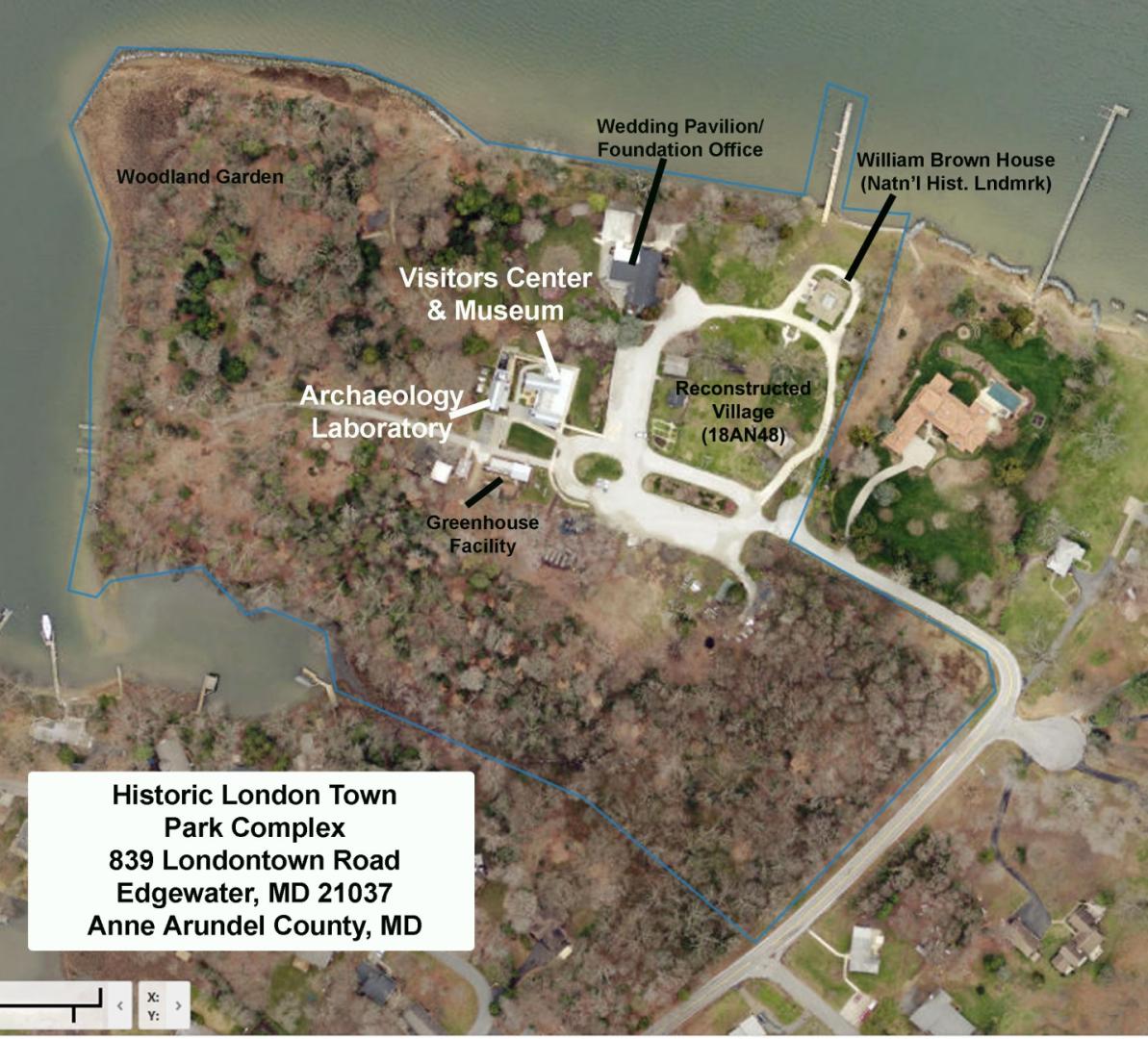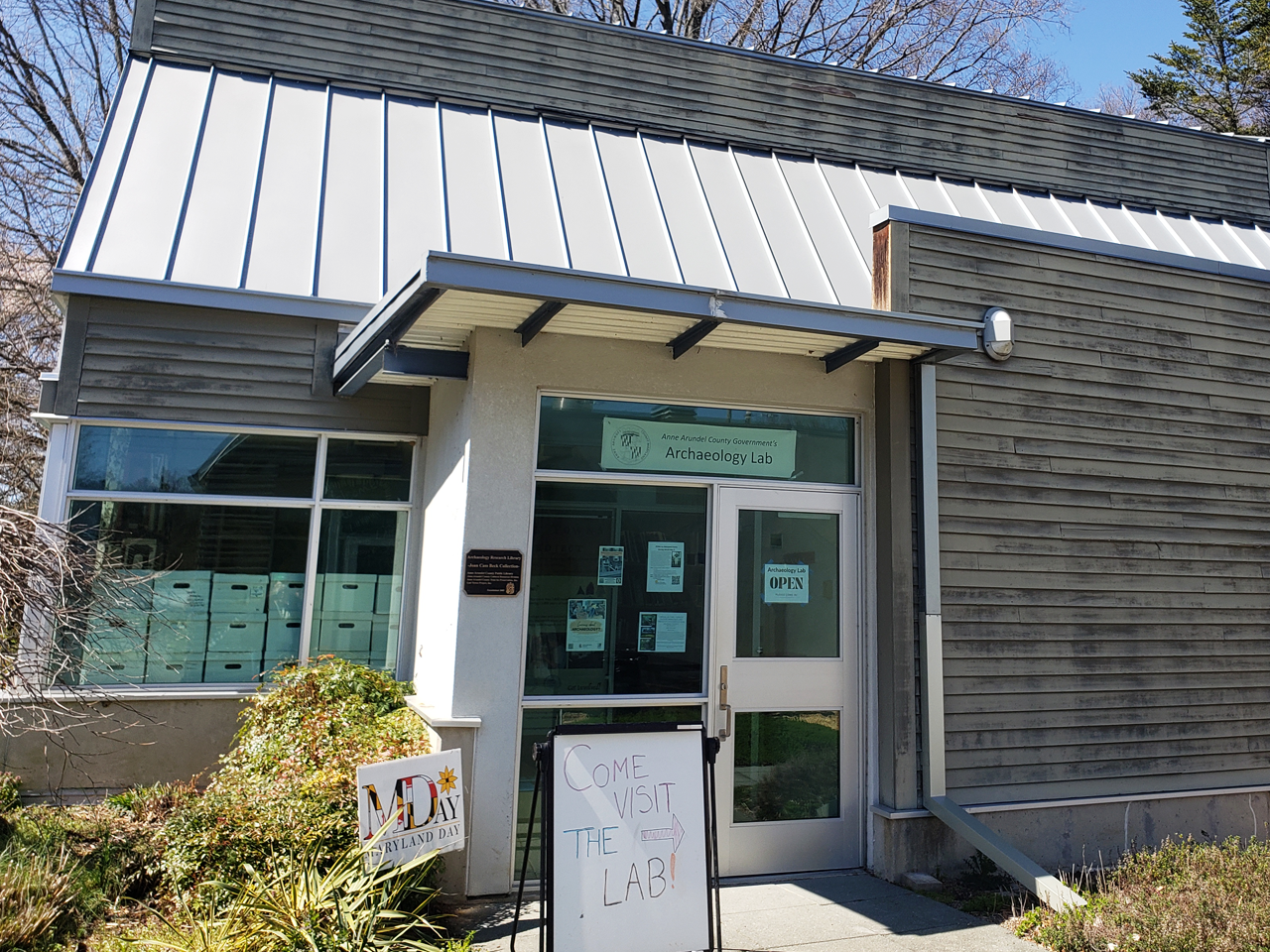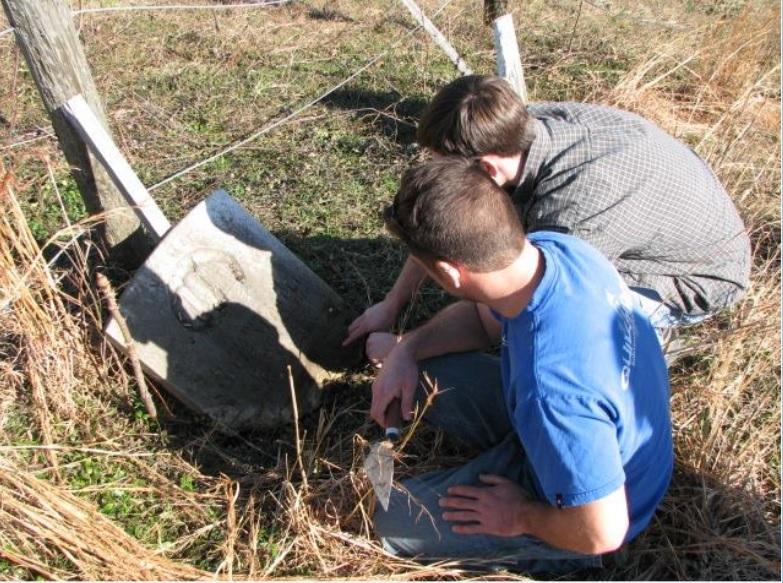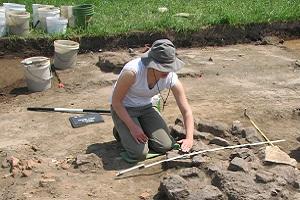About the Resources Center
The Historic Preservation Planning Section maintains a public archaeological laboratory at the County-owned Historic London Town and Gardens. Staff and consultants work alongside volunteers and students to share the story of Anne Arundel County's archaeological rediscovery. The staff also oversees the 3,500 square foot museum which displays hundreds of key archaeological artifacts that tell the colonial London Town story.
The idea of building a dedicated archaeology museum and laboratory at London Town to tell Anne Arundel County history through its artifacts was the vision of the County’s first official archaeologist, Dr. Al Luckenbach in the early 1990s.
How to Volunteer?
- As a part of our Preservation Stewardship Program, the Anne Arundel County Laboratory accepts volunteers and interns to help process artifacts, including washing, labeling, sorting, and cataloging.
- Check out our lab manual here.
- No Experience Needed. Children under 16 must be accompanied by an adult.
- Currently, the lab is open Tuesdays & Wednesdays from 10:00 a.m. -3:00 p.m.
- Volunteers must sign up here in advance for a morning or afternoon shift.
The Archaeology of London Town
A Forgotten Colonial Seaport Comes Back to Life
The Cultural Resources Section of the Office of Planning and Zoning was established as an official section of the Planning and Zoning Office in 1989. Soon thereafter, Section Chief Dr. Al Luckenbach began conducting excavations at the County-owned Historic London Town Park. On land that an unnamed archaeologist in the mid-1970s suggested had “nothing of any archaeological interest,” Luckenbach, and his team which included professional archaeologists, historians, and material culture specialist, working as consultants to was then the Office of Environmental and Cultural Resources found intact archaeological deposits quite to the contrary. Over the next ten years, the County-supported effort identified large swaths of a long-forgotten colonial seaport, and established one of the early “Public Archaeology Programs” where citizens, volunteers, academic students, and even school children were engaged in the hands on rediscover and interpretation of this once bustling town.
By the early 1990s, the discoveries had piled up, and it was clear that the opportunity to share not just the knowledge uncovered from the earth, but the the method and process of archaeological investigation was a story that needed to be told. Luckenbach, working closely with the London Town Foundation, and with support from his consultants in the Cultural Resources Section, the Administration of then County Executive Janet Owens, and the Recreation and Parks Department, envisioned a new visitor’s center, archaeology museum and full-service state of the art archaeology laboratory to be built at the County Park.
His vision came to fruition and in 1996, the doors of the Historic London Town Visitors Center and Museum opened to the public. Just outside that building, on the very spot where several earth-fast colonial buildings once stood, a reconstructed village came to life over the next ten years. The London Town Foundation sought funding to rebuild the colonial seaport and develop a living history program, based almost entirely on the archaeological work conducted by Dr. Luckenbach and his team working in the Cultural Resources Section. Consultant Dr. John Kille was instrumental in curating the exhibit titled “Discover London Town,” which remains a central attraction at the Historic London Town Park in Edgewater, MD.
Today, the Cultural Resources Section, now led by C. Jane Cox, continues to manage and oversee the artifact collection that tells the story of London Town. Cox, and her staff and consultants manage the public archaeology laboratory and curation facility, work with interns, volunteers and students to improve upon curation standards, develop and implement pubic programs designed to allow the public to have primary interactions with tangible artifacts from our collective past, and they continue to oversee the Museum and the “Discover London Town” exhibit. From monitoring humidity in artifact cases, to changing lightbulbs and repairing interactive exhibits, the Cultural Resources Section ensures that visitors to the London Town Park are able to see and better understand these tangible reminders of a rich colonial past.




